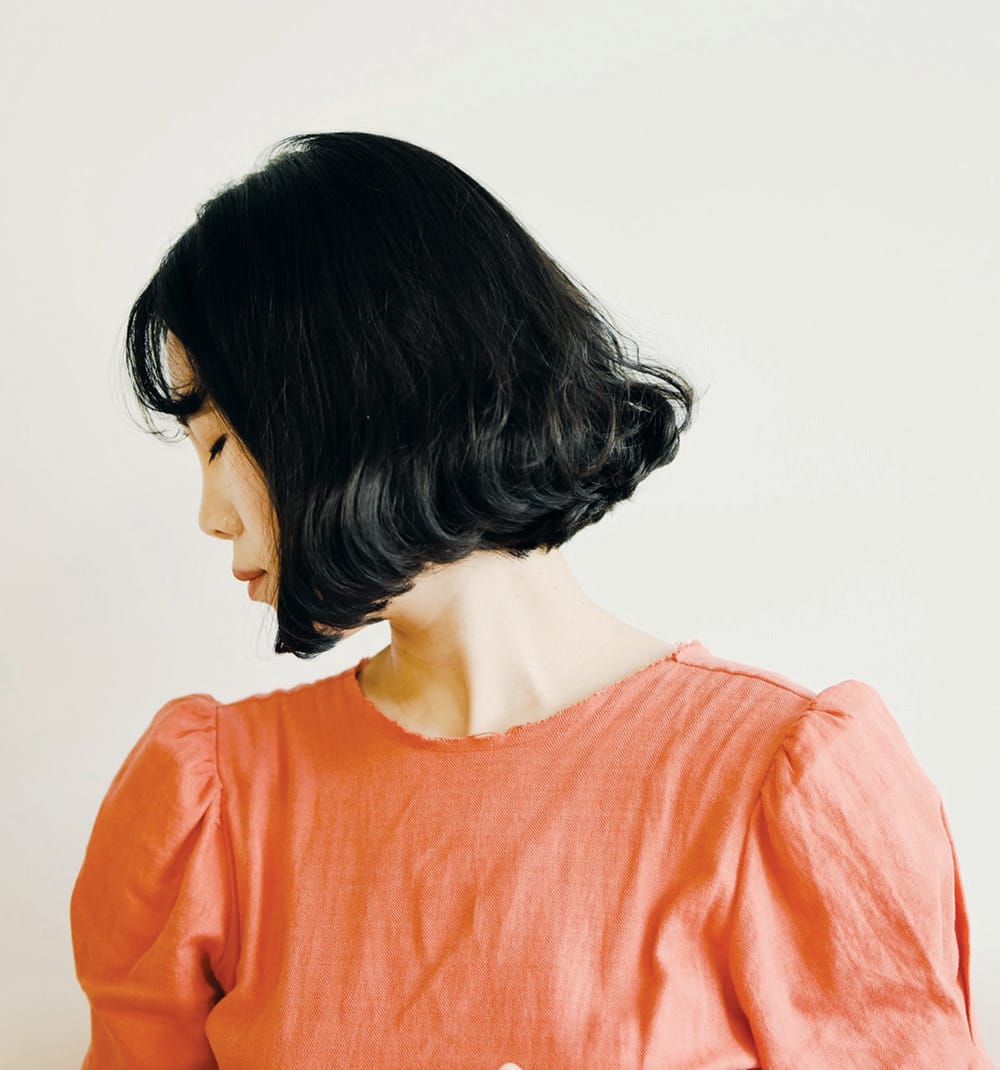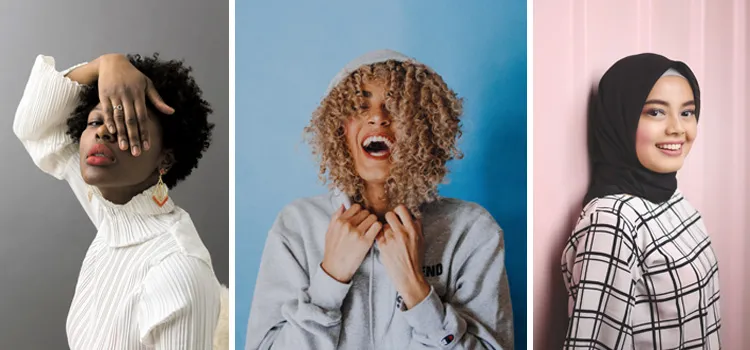
NEW YORK — America is becoming more and more diverse, and as that diversity spreads it will have a major influence on retailers as the impact of the multicultural shopper becomes more significant.
The U.S. multicultural population is projected to grow by 98 million in the coming decades, according to Acosta, a sales and marketing firm based in Jacksonville, Fla., that provides a range of outsourced sales, marketing and retail merchandising services throughout the U.S. and Canada.
The beauty industry, in particular, is being transformed drastically by the rise of the multicultural shopper — and in a good way. As research from Mintel points out, when it comes to beauty products and beauty routines, multicultural women are the most enthusiastic. For instance, Hispanic women who perform a beauty routine are more likely to experiment and adopt multiple steps into their routines, with 49% of Hispanic women more interested in multi-purpose beauty products compared to 41% of women in general. And black women are 64% more likely to be interested in trends surrounding natural beauty products, compared to 45% of women overall.
These numbers are quite significant, especially in light of how fast these multicultural segments are growing. The Hispanic community, for instance, continues to be the fastest-growing ethnic group in the nation and spends more than $94.7 billion on consumer packaged goods annually.
So with multicultural beauty becoming more mainstream, retailers and brands have come to realize it’s more than just offering a small selection of textured hair products; it’s about offering skin care, makeup and other beauty products across the board, because paying attention to diverse consumers builds loyalty and sales opportunities.
Illustrating just how mainstream the multicultural beauty space has become is the expansion of Urban Skin Rx beyond its e-commerce operations and its retail presence at selected Target stores and Target.com into Ulta Beauty, Ulta.com and CVS Pharmacy stores across the U.S.
Urban Skin Rx has been a pioneer brand devoted to advancing skin care innovations in this otherwise overlooked category of multicultural beauty. Developed by Rachel Roff, a licensed medical aesthetician and founder of Urban Skin Solutions Medspa — one of the first medical spas and laser centers in the country exclusively catering to ethnic and darker skin tones — Urban Skin Rx has targeted products that have proven to be successful in diminishing and eradicating issues associated with diverse and melanin-rich skin. Roff created the line to address hyperpigmentation, uneven skin tones, discoloration, rejuvenation, acne and acne scarring, melasma, sun damage and wrinkles.
“Expanding the distribution for Urban Skin Rx into Ulta and CVS is a very important milestone for the company,” said Roff.
Melissa Butler, founder of The Lip Bar, which offers shades for women of darker tones, said her fan base has asked her to go beyond her lip shades for various skin tones. “Customers kept asking for more affordable and inclusive products, so I decided to fill a gap in the market for bronzers,” Butler said. The result is Fresh Glow, a two-in-one bronzer and blush compact available in five shades curated by skin tone.
Women with darker pigmented skin are searching for skin care targeting such issues as hyperpigmentation and acne. The mass market is welcoming a new crop of brands addressing those issues.
But when it comes to multicultural beauty, hair care remains the top category, with brands such as The Mane Choice, Camille Rose, Mielle Organics, SheaMoisture, Cantu, TGIN and OKAY garnering more retail shelf space in what was previously only allocated to “traditional” products. And national brands have followed this trend, creating formulas for all hair types and adding ingredients introduced through some of the startup brands that cater to the multicultural woman.
The rise of textured hair brands also meshes with one of the other biggest trends in the beauty space — natural, as many of these “ethnic” brands are formulated with natural ingredients.
But despite Mintel valuing the black hair care market in the U.S. alone at $2.5 billion, there are still fewer options of shampoos, conditioners and hair oils specifically designed to suit natural afro and curly hair. “The afro hair market is hugely underserved. It is pretty much ignored,” said Rachael Corson, co-founding director of Afrocenchix, an all-natural, vegan and fair trade hair care company that is tailored to the needs of afro hair.
For so long the ideal of beauty has been straight, blond hair, which, Corson says, is beautiful, but, she adds, so is curly hair and brown and black hair. In Corson’s view — and she’s not alone — black women are overlooked in the cosmetics and hair care industry. There are brands that cater to women of color, such as Fenty Beauty, Black Up and Form Beauty, but the volume of brands targeted to white women far outnumber them.
However, many retailers are getting on board as they realize the huge demand from multicultural women — and the enormous opportunity they present.
Meanwhile, personal care brand SheaMoisture held a pop-up activation celebrating beauty and culture, inspiring guests to “Be Your Beautiful!”
Located in downtown Toronto and leading up to North America’s largest Caribbean cultural festival, Toronto Caribbean Carnival, the SheaMoisture pop-up served as a destination to celebrate the global black community with an impressive and empowering lineup of speakers, artists and community leaders.
The SheaMoisture pop-up featured a keynote by Tracy Moore, host of Cityline, who talked about the successes and struggles in being a black woman in media, and Sister Talk Leadership Academy’s Karlyn Percil, who conducted a workshop titled “HAIRstory” discussing the aesthetic, emotional and cultural layers associated with natural hair.
“It’s exciting for us to debut the SheaMoisture pop-up in Canada and partner with influential women and organizations who are leading conversations about beauty, culture and identity through stories and learnings,” said Kimberly Paige, chief operating and brand officer of Sundial Brands, manufacturer of SheaMoisture. “SheaMoisture has always been committed to serving the underserved in beauty by honouring every woman with products that address her individual needs and empower her to celebrate her unique journey. Our foundation is built from Sofi Tucker, our founder & CEO Richelieu Dennis’ grandmother, who sold nuts in the village market in Bonthe, Sierra Leone, to support her family. SheaMoisture is her legacy.”









